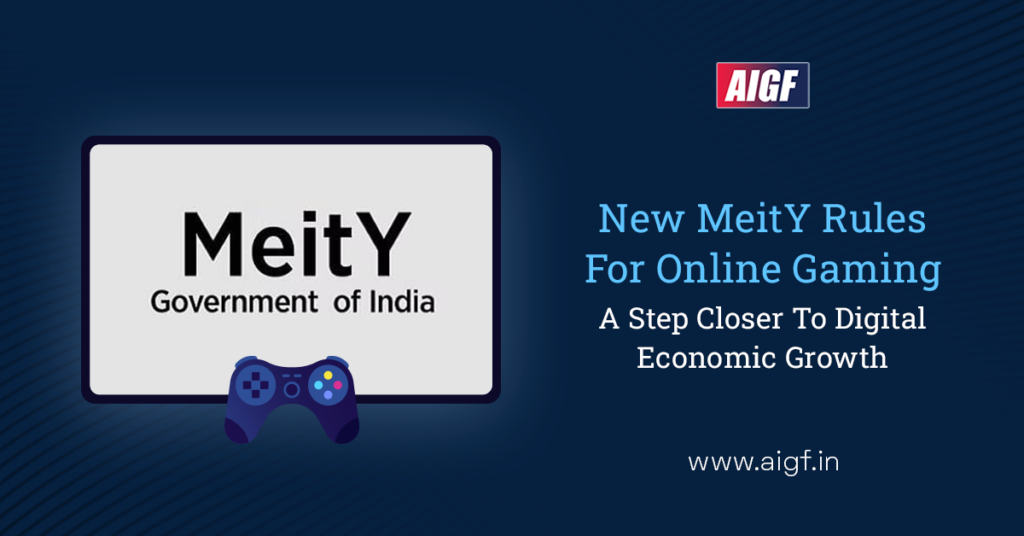MeitY rules for the online gaming industry, charting out regulatory compliance requirements, and streamlining governance processes will provide further momentum to this sunrise sector.
New MeitY Rules For Online Gaming: A Step Closer To Digital Economic Growth
A young India, with more than half of the 1.4 billion people below the age of 40, is asking for growth and change. The government is piloting the economy through three key pillars—digital technology, infrastructure, and sustainability.
It is through this lens that the recent rules by the Ministry of Electronics and Information Technology (MeitY) for online gaming must be seen. MeitY’s appointment as a nodal ministry and its efforts to regulate online gaming and place higher due diligence on companies are shot in the arm for the sunrise sector.
Unlocking value
The Indian gaming industry is growing at a CAGR of 28-30% and is expected to reach $5 billion by 2025. The country has over 900 gaming companies and more than 200 million online gamers, second only to China. The tremendous surge is attributed to affordable smartphones and cheap data rates.
MeitY rules for the online gaming industry, charting out regulatory compliance requirements, and streamlining governance processes will provide further momentum to this sunrise sector.
The rules and the consequent recognition for the industry are likely to open the floodgates of FDI for the sector, which is expected to touch INR 50,000 crore by 2025.
Setting the foundation
The rules mandate setting up self-regulatory bodies for the online gaming industry, mandatory KYC of players as per Reserve Bank of India norms as well as setting up grievance redressal mechanisms. In addition to this, the self-regulatory body has been tasked with the responsibility of creating policies that can address risks such as financial loss and user harm. OGIs will be mandatorily required to follow these policies.
Notably, these compliance obligations are in line with the best practices adopted across the globe. Take for instance, in Sweden, a licensing system for the online company ensures only legitimate operators offer online gaming services. The Swedish government has introduced measures to prevent addiction, such as self-exclusion and user-imposed deposit limits.
Similarly, in Canada, a popular destination for online gaming companies, regulations have been in place to ensure player protection, fair gaming, and responsible gaming. The licensing requirements and player verification process have been key to these protocols.
Fostering innovation and driving the economy
The rules would provide clarity and transparency to the online gaming industry, which would promote healthy competition and innovation.
With clear guidelines and a supportive regulatory environment, the online gaming sector is expected to attract more investors and companies, leading to the creation of more jobs and economic growth.
Providing clarity for GST issue
It is hoped that the pending decision on the taxation framework for the sector will also be informed by this development and help the GST Council to arrive at a balanced and rational decision for the industry, which will further fuel foreign investments in the sector. The regulatory certainty would also encourage startups to develop new games and innovative technologies, which would boost the industry’s growth further.
Indeed, this will not only help realize Prime Minister Shri Narendra Modi’s vision of India becoming a global leader in AVGC but also push for Make in India and Atmanirbhar Bharat vision and spur more entrants in the sector, boost investor confidence, and create new jobs.
In conclusion, India is already among the top-five global markets for online gaming. India’s proportion of New Paying Users (NPUs) in the gaming sector has grown at the fastest rate in the world, rising from 40% in 2020 to 50% in 2021. With the right regulatory nudge, Indian gaming companies and brands are at the cusp of dominating the global gaming arena.
Credit: Zee News











Comments
Comments are closed.